80% COVID-19 patients had low vitamin D
A newly released study from The Journal of clinical endocrinology and metabolism looks at the relationship between COVID 19 and vitamin D deficiencies. Most health experts say more studies need to be done but these findings are encouraging.
The benefits of vitamin D have been known for some time now. Vitamin D helps our immune system to produce peptides that cause the destruction of many pathogens trying to make us ill.
Who needs Vitamin D?
The population that is most commonly deficient in vitamin D are people with chronic conditions, hypertension, and cancer. Elderly people are often deficient in vitamin D for several reasons. Often spending much time indoors, they simply do not get that 15-20 minutes of sunshine at least three times a week. Also, they are unable to metabolize vitamin D or absorb it as easily as younger people.
Folks with type 2 diabetes, who are often baby boomers (over 50 years old) spent much time commuting and sitting at work. Just like the elderly population, baby boomers find themselves indoors during work and commute therefore not getting sufficient vitamin D.
Those with darker skin are not able to convert sunshine into Vitamin D efficiently therefor are also commonly deficient.
How do you know you need more vitamin D?
The following are guidelines, and you should always follow up with a doctor. According to the Cleveland Clinic if you have mood changes like depression, bone pain, muscle cramps, weakness or aches, bone and joint pain, and fatigue.
How much vitamin D do you really need?
Adult if taking by pill typically require 1000 – 2000 international units. Vitamin D is a fat soluble so take the pill with a meal that includes some fat so that your body can absorb it properly. If you take vitamin D through drops or sprays, you are not required to take it with food. You can not overdose on sunshine, but you can overdose on vitamin D supplements causing more issues than you started with. Here is my advice; don’t take a mega dose and save your money.
One Comment
Comments are closed.


Pingback: Rapid COVID Test Approved! - Life's Emergency Training